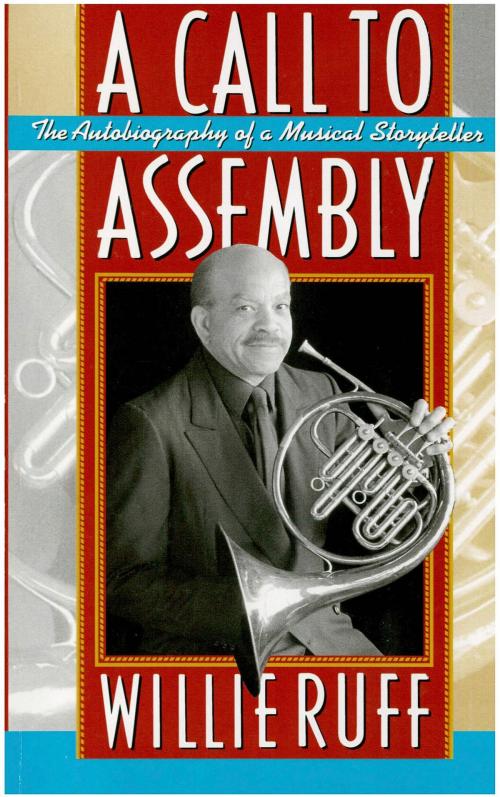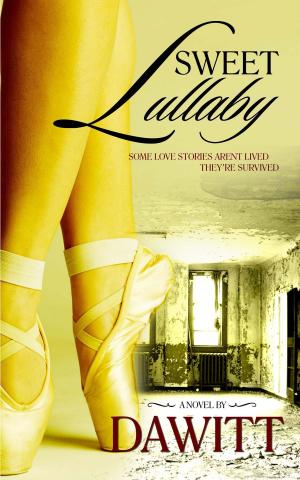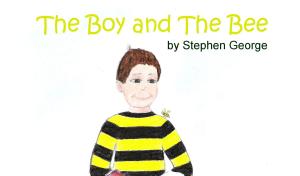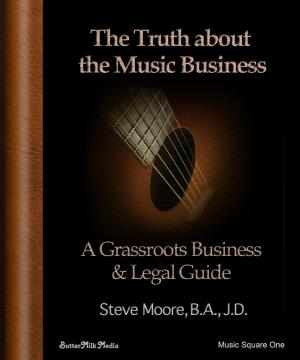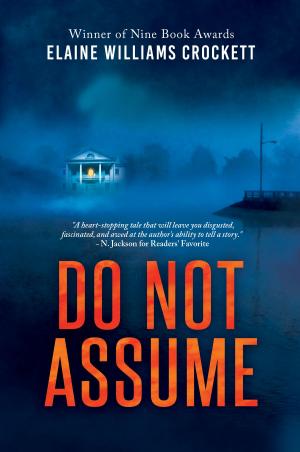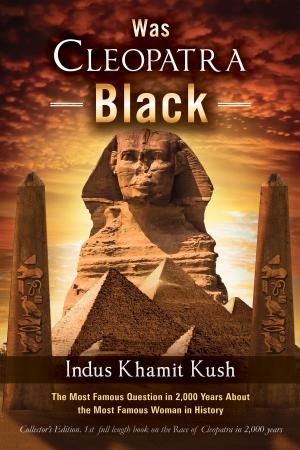| Author: | Willie Ruff | ISBN: | 9781624888410 |
| Publisher: | BookBaby | Publication: | July 24, 1991 |
| Imprint: | Language: | English |
| Author: | Willie Ruff |
| ISBN: | 9781624888410 |
| Publisher: | BookBaby |
| Publication: | July 24, 1991 |
| Imprint: | |
| Language: | English |
Music came to Willie ruff early in his Alabama boyhood. It came from Mrs. Nance, the solo bass drummer of the Sanctified church, whose beat "gave her right arm the churning motion of a set of steam locomotive wheels." It came from singing at the grocery store for candy, and from the "chitlin struts: at his home, with young Willie sprinkling cornmeal on the floor to make "gliding" easy for dancing. It came from eavesdropping on the porch ladies, listening to the rhythm of their revelations. It came from the Sheffield School for Colored the day the second grader met a storied Alabama neighbor, W.C. Handy, who played his St. Louis Blues on the trumpet and spoke to the children about "the music of the Negro race." Music and learning ("Can't nobody take nothin from outta your head," said his first mentor, Daddy Long) set the course of Willie Ruff's life. He sopped up music and learning when he joined the army at age fourteen, coming under the influence of various fatherly music masters. While he was an undergraduate at Yale, it was Paul Hindemith's magnetic presence that expanded Willie's musical horizons. Later, playing the French horn with the Lionel Hampton band and forming the "Duo" with his old piano-playing army sidekick, Dwike Mitchell, Willie learned firsthand from powerful influence like Duke Ellington, Count Basie, Max Roach, Dizzy Gillespie. And through his years at Yale as a professor of music, the quest for learning never stopped. But music wasn't all. A powerfully recurring theme of A Call to Assembly comes from Willie's curiosity about the black soldier in American history. It began when he was in grade school and witnessed an air show by an all-black squadron of fighter pilots from Tuskegee. Later, in the army, Willie met some of those pilots who had fought over Germany and Italy and risked courts-martial to gain the same rights white officers enjoyed. Years later, through a set of extraordinary circumstances, he came across a statement written in 1902 by another Alabama neighbor, an ex-Confederate general who commended the valor of Negro soldiers fighting in the Spanish-American War. It was, Willie writes, as if this general "laid a hand on me from the grave and gave me pride and understanding." Willie Ruff's is an exhilarating story, told in a distinctive voice that rings clear and true, smart and funny, and is always moving. The noted historian and Chinese scholar Jonathan Spence had this to say about A Call to Assembly: "No one plays it like Willie Ruff. . . His mind is never still, and his eyes never seem to close. As Daddy Long would have said. . . 'This one's a great big World's Fair of a book.'" "A wonderful account of a brilliant musician's rise to national and international prominence." — Rep. Lee H. Hamilton of Indiana "Willie Ruff's odyssey from the hills of north Alabama to the halls of Yale University is an eloquent, moving tale. Ruff's ever-present wit and his music carry him on a rich and fascinating journey. Written from the heart, A Call to Assembly is an unforgettable self-portait of an artist and his craft." — William Ferris, Director of the Center for the Study of Southern Culture, University of Mississippi
Music came to Willie ruff early in his Alabama boyhood. It came from Mrs. Nance, the solo bass drummer of the Sanctified church, whose beat "gave her right arm the churning motion of a set of steam locomotive wheels." It came from singing at the grocery store for candy, and from the "chitlin struts: at his home, with young Willie sprinkling cornmeal on the floor to make "gliding" easy for dancing. It came from eavesdropping on the porch ladies, listening to the rhythm of their revelations. It came from the Sheffield School for Colored the day the second grader met a storied Alabama neighbor, W.C. Handy, who played his St. Louis Blues on the trumpet and spoke to the children about "the music of the Negro race." Music and learning ("Can't nobody take nothin from outta your head," said his first mentor, Daddy Long) set the course of Willie Ruff's life. He sopped up music and learning when he joined the army at age fourteen, coming under the influence of various fatherly music masters. While he was an undergraduate at Yale, it was Paul Hindemith's magnetic presence that expanded Willie's musical horizons. Later, playing the French horn with the Lionel Hampton band and forming the "Duo" with his old piano-playing army sidekick, Dwike Mitchell, Willie learned firsthand from powerful influence like Duke Ellington, Count Basie, Max Roach, Dizzy Gillespie. And through his years at Yale as a professor of music, the quest for learning never stopped. But music wasn't all. A powerfully recurring theme of A Call to Assembly comes from Willie's curiosity about the black soldier in American history. It began when he was in grade school and witnessed an air show by an all-black squadron of fighter pilots from Tuskegee. Later, in the army, Willie met some of those pilots who had fought over Germany and Italy and risked courts-martial to gain the same rights white officers enjoyed. Years later, through a set of extraordinary circumstances, he came across a statement written in 1902 by another Alabama neighbor, an ex-Confederate general who commended the valor of Negro soldiers fighting in the Spanish-American War. It was, Willie writes, as if this general "laid a hand on me from the grave and gave me pride and understanding." Willie Ruff's is an exhilarating story, told in a distinctive voice that rings clear and true, smart and funny, and is always moving. The noted historian and Chinese scholar Jonathan Spence had this to say about A Call to Assembly: "No one plays it like Willie Ruff. . . His mind is never still, and his eyes never seem to close. As Daddy Long would have said. . . 'This one's a great big World's Fair of a book.'" "A wonderful account of a brilliant musician's rise to national and international prominence." — Rep. Lee H. Hamilton of Indiana "Willie Ruff's odyssey from the hills of north Alabama to the halls of Yale University is an eloquent, moving tale. Ruff's ever-present wit and his music carry him on a rich and fascinating journey. Written from the heart, A Call to Assembly is an unforgettable self-portait of an artist and his craft." — William Ferris, Director of the Center for the Study of Southern Culture, University of Mississippi
